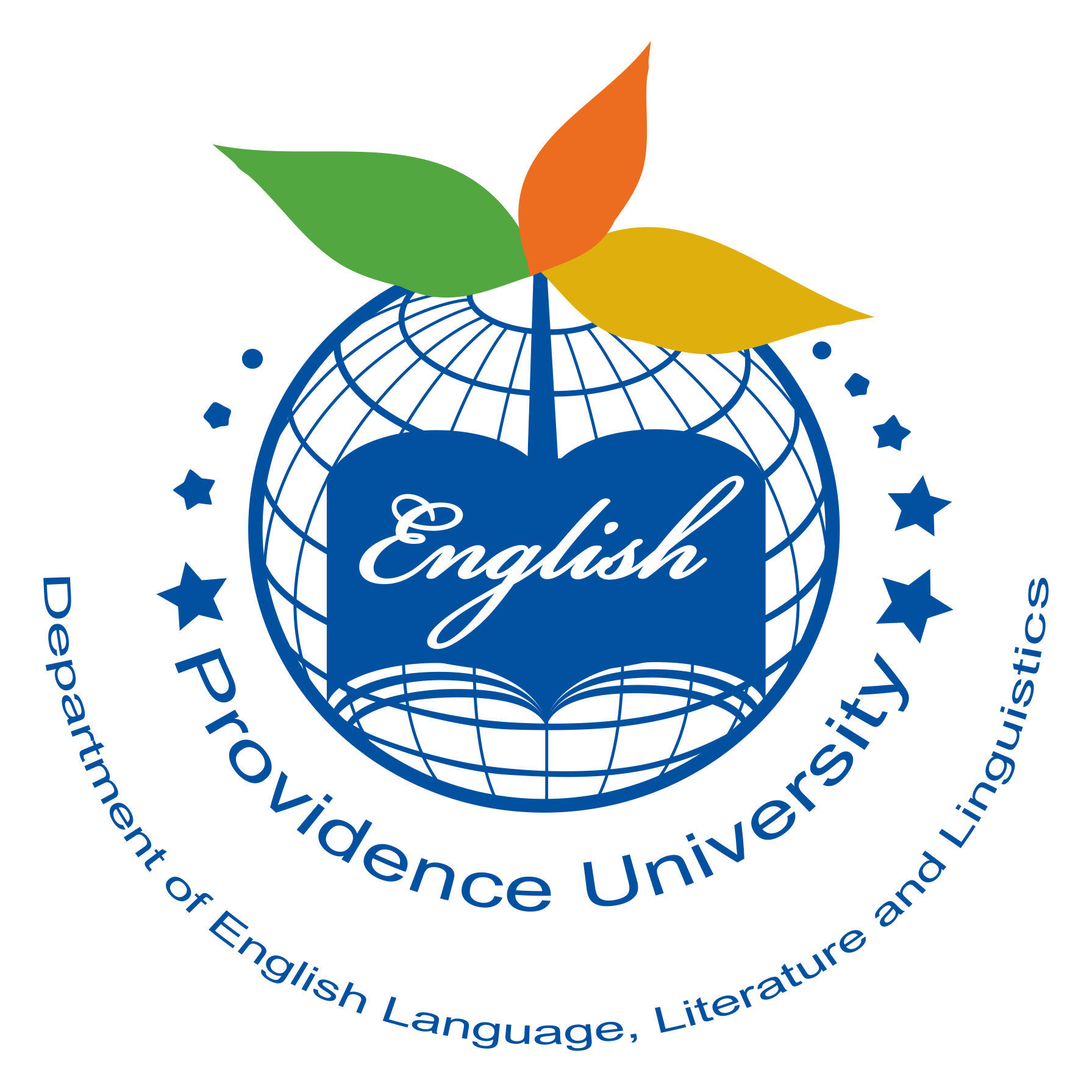台灣西洋古典、中世紀暨文藝復興學會 (TACMRS) 第十五屆國際會議
2021 年 10 月 22 日至 23 日
國立臺灣師範大學
台北,(台灣)
論文徵件說明
旅行文化:觀光、朝聖、遷徙
旅行已成為現代生活中的尋常體驗。但是,由於 2020 年新冠疫情引發的全球危機,國際旅行甚至國內遷徙已不再是理所當然的權利。本屆會議旨在藉此機會批判性地反思人類旅行和遷移的歷史和本質,探索身體和智識方面的旅行意涵,藉此研究未知領域、促進文化交流及靈性或宗教體驗。
不論是否出於自願,人類遷徙的經驗與人類本身的歷史一樣古老。自遠古時代以來,各種文化的史詩文獻探索遷徙活動在歷史、神話和宗教層面的原因和效應,包括希臘羅馬文學中特洛伊戰爭的影響,以及出埃及記所記載的事件等。
追溯到古希羅時期,帶有積極意義的文化旅行在文藝復興和啟蒙運動中達到第一個巔峰。例如十六世紀德國畫家杜勒(Albrecht Dürer, 1471-1528)出於對藝術的探求和經濟利益的雙重動機而穿越阿爾卑斯山,象徵北歐與南歐思想間意義卓著的相互交融與滋養。此後,英國年輕貴族紛紛踏上以義大利為中心的歐陸壯遊之旅,藉此拓展視野、學習禮儀和語言技能。這是有別於歐洲其它地區,由於其豐富的文化遺跡和怡人風景,義大利吸引眾多藝術家和文人之故。此外,旅客獲益於陸路和海路的基礎建設,商人也通常循這些路線往來國際之間,交易基本貿易商品。
如果用比喻的意義來理解,人們也可以用思想或靈魂旅程來代替實際的旅行。這種現象是從古希羅時期到前現代都十分普遍的一種實踐,無論是猶太教或基督教的啟示錄、
但丁(Dante Alighieri, c. 1265-1321)和彌爾頓(John Milton, 1608-1674)的精神之旅,或是塞凡提斯(Miguel de Cervantes, 1547-1616)和亞里奧斯托(Ludovico Ariosto, 1474-1533)等人的想像之旅皆然。朝聖也是備受推崇的旅行方式,無論是佛拉金(Jacopo da Voragine, c. 1230-1299)的《黃金傳說》詳述了朝聖者前往米蘭聖彼得殉道者陵墓的心靈旅程—心靈糧食—及其對朝聖者的身心療癒效果或是喬叟(Geoffrey Chaucer, c. 1340s-1400)的故事集皆是如此。
本會議徵求藝術史、歷史、文學史、文化研究、宗教學、哲學、古典學、考古學、人類學、地理學、社會科學及其它領域的研究論文。本屆會議的主旨側重於東西方文化之間的對話。我們尤其樂見亞洲和西方專家之間的學術交流。我們也特別歡迎紀念義大利詩人但丁(Dante Alighieri, c. 1265-1321)逝世七百週年的專題論文。
本屆會議的關注領域可能包括但不限於以下主題:
旅行的行為及其在藝術中的表現
旅行的行為及其在文學中的表現
文化旅遊及觀光
壯遊之旅
旅行藝術家
朝聖、身體和靈性、宗教和世俗
朝聖者之路
旅行敘事:遊記、日誌、旅行回憶錄、旅遊指南
旅遊書籍插圖
現實與想像之間的旅行
旅行替代品:心靈上的旅行和朝聖
空想之旅及其敘事
亞洲和西方之間的旅行
亞洲旅行記錄文學
東西方旅行的比較觀點
往返近東地區的旅行
伊斯蘭文化中的旅行和朝聖
女性與旅行
旅行與貿易
發現世界:異國探索、宇宙學和方誌學
丈量世界:地圖和地圖集
旅行和 (早期) 殖民主義
基於健康理由的旅程
強迫旅行:飛行、迫害、遷徙
旅行和流行病
我們鼓勵以三至四位講者為一組提交論文提案。
請在 2021 年 1 月 17 日以前將論文提案的標題和摘要 (約 300 字) 及簡歷寄至 TACMRS.NTNU@gmail.com。
會議免收報名費。具台灣居民身分的發表人必須為 TACMRS 的成員。會員申請表可從 TACMRS 網站下載或以電子郵件來函索取。
The Fifteenth International Conference of the Taiwan Association
of Classical, Medieval and Renaissance Studies (TACMRS)
22–23 October 2021
National Taiwan Normal University
Taipei (Taiwan)
Call for Papers
Cultures of Travel: Tourism, Pilgrimage, Migration
Traveling has become a natural part of modern life. As a result of the worldwide crisis caused by the COVID-19 epidemic in 2020, however, it is no longer a self-evident right to move from one country to the other or even to travel within national boundaries. The conference intends to offer an opportunity to reflect critically upon the history and nature of human mobility, exploring physical and intellectual traveling as ways of investigating unknown territories, cultural exchange, and spiritual or religious experience.
Human migration, whether by choice or involuntarily, is as old as humankind itself. Since time immemorial, epic records of various cultures explored the reasons and effects of migratory movements in history, myth, and religion, from the impacts of the sack of Troy in Greco-Roman literature to the events recorded in the Book of Exodus.
Dating back to antiquity, the positively connoted act of cultural traveling reached its first zenith during the Renaissance and Enlightenment. Albrecht Dürer’s traveling across the Alps, motivated by both artistic curiosity and economic interests, signifies the exceptional cross-fertilization of ideas between Northern and Southern Europe. Young members of the British upper class used later to undertake the legendary Grand Tour to the Continent in order to widen their horizon, to acquire manners and language skills. Unlike any other area in Europe, it was Italy that—due to its abundant cultural remains and delightful landscapes—attracted artists and literati. The travelers benefited from the infrastructures of the land and sea routes that were customarily used by merchants for transferring essential trade goods between the countries.
When understood in a figurative sense, traveling could also be substituted by a journey of the mind or soul. This phenomenon was a widespread practice from antiquity to pre-modernity and beyond, whether the spiritual journeys of the Jewish and Christian apocalypses, of Dante and Milton, or the travels of the imagination by the likes Cervantes and Ariosto. Pilgrimages too are celebrated, whether in Jacopo da Voragine's the Golden Legend, where he describes in detail such journeys in the mind—mentales diaetae—to the tomb of Saint Peter Martyr in Milan with their healing effect for both the pilgrim’s mind and body or the tales of Chaucer.
The conference calls for research from the fields of art history, history, literary history, cultural studies, religious studies, philosophy, classical studies, archaeology, anthropology, geography, social sciences, and beyond. Special attention might be given to the cultural dialogue between East and West. We especially welcome the scholarly exchange between Asian and Western experts. We would also particularly appreciate papers that mark the 700th anniversary of the death of the great Italian poet Dante Alighieri (c. 1265–1321).
Areas of interest may include, but are not limited to the following topics:
The act of traveling and its representation in the arts
The act of traveling and its representation in literature
Cultural travel and tourism
The Grand Tour
Traveling artists
Pilgrimage, physical and spiritual, religious and secular
Pilgrim paths
Travel narrative: travelogues, diaries, travel memoirs, guide books
Illustrations of travel books
Traveling between reality and imagination
Substitutes of traveling: Traveling and pilgrimage in the mind
Traveling in the armchair and its narrative
Traveling between Asia and the West
Travel record literature from Asia
Comparative perspectives on traveling in the East and West
Traveling from and to the Near East
Traveling and pilgrimage in Islamic culture
Women and traveling
Traveling and trade
Discovery of the world: Exploration of foreign countries, cosmography and chorography
Measuring the world: Maps and atlases
Traveling and (early) colonialism
Journeys on health grounds
Forced traveling: Flight, persecution, migration
Traveling and epidemics
We encourage the submission of panel proposals for groups of 3–4 speakers.
Please send a title and abstract of your proposed paper (around 300 words) along with a brief CV to TACMRS.NTNU@gmail.com by 17 January 2021.
There is no registration fee for the conference. Presenters residing in Taiwan should be members of TACMRS. The membership application form can be downloaded from the TACMRS website or can be obtained via email upon request.

